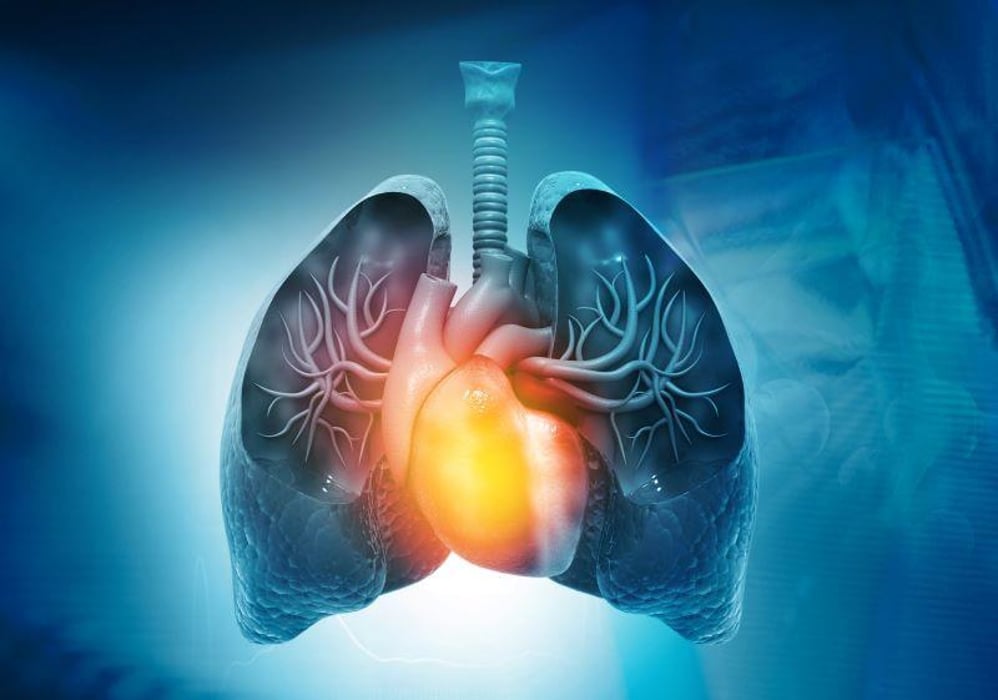Hypoxic, Ventilatory Burdens in OSA Predict CVD Morbidity and Mortality

TUESDAY, Aug. 1, 2023 (HealthDay News) -- Hypoxic and ventilatory burden in obstructive sleep apnea predict cardiovascular disease morbidity and mortality, according to a study published online July 7 in the American Journal of Respiratory and Critical Care Medicine.
Gonzalo Labarca, M.D., from Brigham and Women's Hospital and Harvard Medical School in Boston, and colleagues examined the association of hypoxic burden with incident cardiovascular disease (CVD) compared to that of ventilatory burden and arousal burden in obstructive sleep apnea. Hypoxic, ventilatory, and arousal burdens were measured from baseline polysomnograms in the Multi-Ethnic Study of Atherosclerosis (MESA) and the Osteoporotic Fractures in Men (MrOS) studies. Ventilatory burden was defined as event-specific area under ventilation signal, while arousal burden was defined as normalized cumulative duration of all arousals.
The researchers found significant associations for hypoxic and ventilatory burdens with incident CVD (adjusted hazard ratio per 1 standard deviation increase in hypoxic burden: 1.45 and 1.13 for MESA and MrOS, respectively; ventilatory burden: 1.38 and 1.12 for MESA and MrOS, respectively); no association was seen for arousal burden. There were similar associations observed for mortality. Ventilatory burden explained 78 percent of the variation in hypoxic burden, while other factors explained less than 2 percent of the variation.
"We think that including a higher-risk version of obstructive sleep apnea in a randomized clinical trial would hopefully show that treating sleep apnea could help prevent future cardiovascular outcomes," coauthor Ali Azarbarzin, Ph.D., also of Brigham and Women's Hospital and Harvard Medical School, said in a statement.
Several authors disclosed ties to the pharmaceutical industry.
Abstract/Full Text (subscription or payment may be required)
Related Posts
Tener muchas pesadillas en la mediana edad podría ser una señal de advertencia de la demencia
JUEVES, 22 de septiembre de 2022 (HealthDay News) -- A nadie le gustan las...
Diagnostican COVID a más de 1 millón de niños de EE. UU. en una sola semana
MIÉRCOLES, 26 de enero de 2022 (HealthDay News) -- Más de 1 millón de niños...
Air Pollution Exposure May Up Risk for Autoimmune Disease
FRIDAY, March 18, 2022 (HealthDay News) -- Long-term exposure to air pollution...
CDC: Four People Infected With Coronavirus Version Seen in Mink
TUESDAY, April 19, 2022 (HealthDay News) -- At least four people in Michigan...
